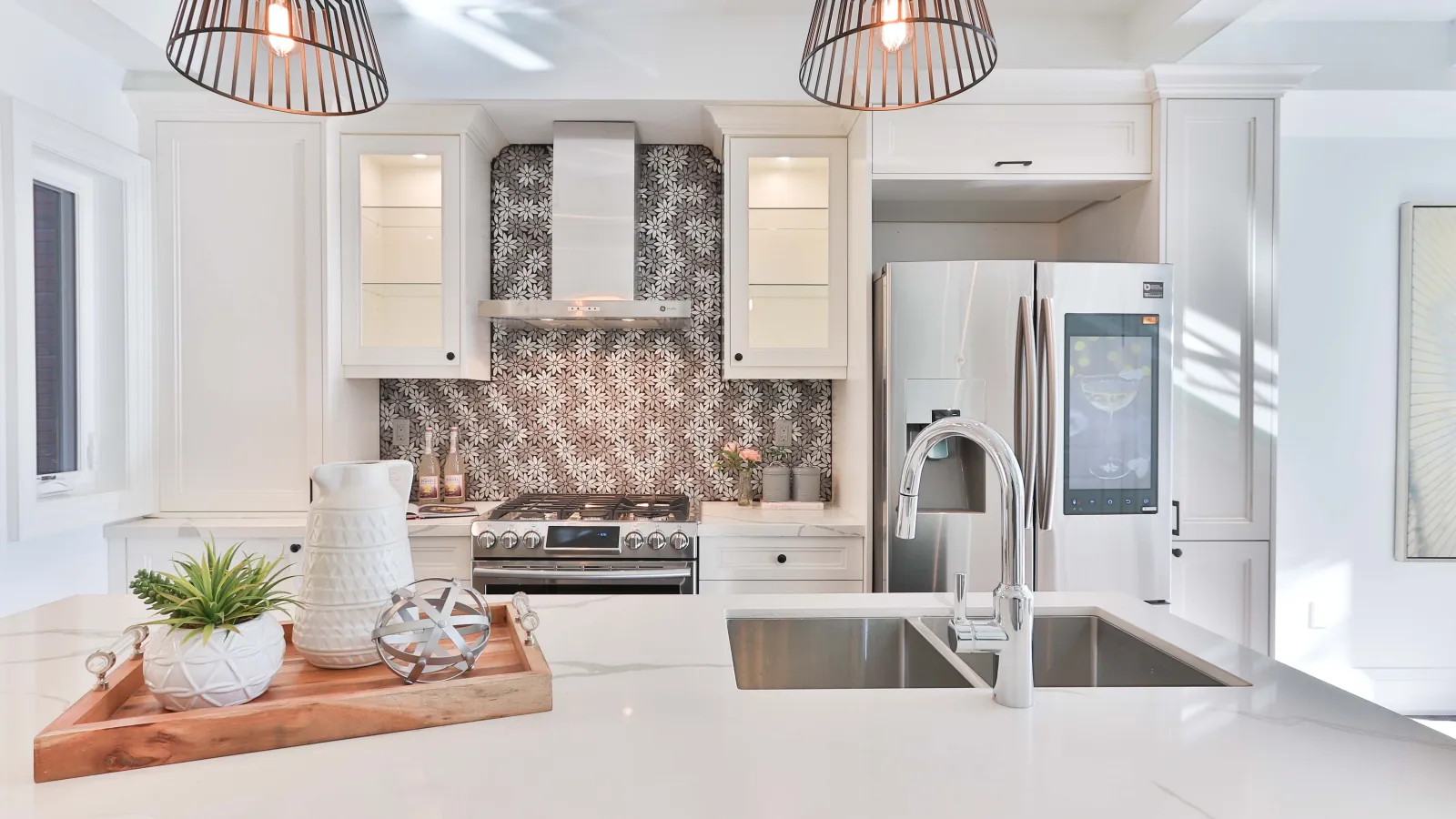
Air Quality
You spend a lot of your life indoors, and breathing clean, fresh air is important to your overall health and well-being. But if your ductwork is pushing out dusty, musty air, you may be suffering from coughing and sneezing that leaves you miserable.
At Heating + Air Paramedics, we make it our mission to help you improve your home's indoor air quality for better health, improved comfort and reduced energy bills.
The Importance of Indoor Air Quality (IAQ)
Your home is full of potential pollutants, including dust, mold, mildew and pet dander. All these pollutants circulating in the air you breathe can lead to respiratory problems in even the healthiest person, but it can make allergies, asthma, COPD and other respiratory diseases much worse.
Improving your home's indoor air quality helps your family avoid additional illnesses or making current conditions worse and can even help you save on energy bills by improving stress on your HVAC system.

SERVICES
- Air Conditioning
- Heating
- Duct Cleaning
- Air Quality
- Home Health Check
- Air Quality (no duct cleaning)
- HVAC Repair
- HVAC Installation & Replacement
- Ductless Heating & Air Systems
- Furnace Repair
- Furnace Installation & Replacement
- Thermostat Replacement
- Thermostat Repair
- Air Conditioning Repair
- Air Conditioning Replacement
- Heat Pump Repair
Why Choose Us for Your Indoor Air Quality Needs?
Licensed and insured: Trust that the indoor air quality solutions you're getting are high-quality with our insured, licensed and experienced HVAC technicians.
Upfront pricing: You'll know the full cost of our services before work starts, and we price by the job rather than by the hour.
Customer satisfaction guarantee: You'll be satisfied with the indoor air quality service you receive, or we'll make it right.
No-pressure sales: We won't use high-pressure sales tactics to convince you to buy something you don't need or that won't work for you.
Our Indoor Air Quality Improvement Services
At Heating + Air Paramedics, we offer a variety of options to help you improve your home's indoor air quality.
Germicidal UV Lamps
Used in health care facilities — including hospitals — across the United States, germicidal UV lamps help combat airborne disease and improve indoor air quality. Domestic-grade lamps can be fitted to your existing HVAC system, offering you clean, pure indoor air.
HEPA Filters
HEPA filtration systems filter out up to 99.7% of hazardous airborne particles, mold spores, dust mite feces and other irritants that can adversely affect asthma or allergies.
Duct Cleaning Service
Airborne particles are spread throughout your home through your ductwork. With a periodic duct cleaning service, you'll enjoy cleaner indoor air as we remove dust and debris buildup and use a hypo-allergenic disinfectant cleaning solution that's safe while being effective in killing bacteria.
Air Purifiers
A simple solution to improving your home's indoor air quality is with air purifiers, which will clear the air of allergens that aggravate symptoms experienced by allergy and asthma sufferers.
Signs You Need Indoor Air Quality Improvement
If your family is experiencing some (or all) of these, it may be time to explore an indoor air quality improvement option:
Unexpected allergies or respiratory issues: Whether you suddenly develop respiratory issues or you have unexplained prolonged exacerbation of your symptoms, it may be time to tackle your indoor air quality.
Musty odors or excess moisture: Mold, mildew and moisture can build up in your ductwork and fixtures, leading to odors that won't go away.
Dust buildup on surfaces: Dirty ductwork means more dust, dander and debris circulating in your home's air. If you dust your surfaces frequently but still see buildup, you may need to address your indoor air quality.
Stale or poorly circulated air: Buildup in your ductwork and HVAC system leads to poor air circulation that can increase the allergens and pollutants your family breathes in.
Visible mold growth: If you're seeing mold grow where it shouldn't, especially in carpets or on furniture, you may have an air quality issue that's leading to too much moisture.
Benefits of Improved Indoor Air Quality
Improving your IAQ provides a wealth of benefits, including:
Reduced allergy symptoms
Asthma management
Relief from respiratory issues
More even temperatures
Reduced humidity
Fresher air
Reduced energy consumption from your HVAC system
Reduced risk of mold, mildew and airborne contaminants
Our Indoor Air Quality Service Areas
Heating + Air Paramedics' indoor air quality improvement services are available in the following areas:
Frequently Asked Questions
What are the most common indoor air pollutants?
Indoor air can be polluted by a variety of contaminants, including dust, pet dander, mold spores, volatile organic compounds (VOCs) and chemicals from household cleaning products. Poor ventilation and humidity imbalances can also contribute to unhealthy air quality.
How can I improve indoor air quality without replacing my HVAC system?
You can improve your indoor air quality with simple upgrades such as installing high-efficiency air filters, using air purifiers, improving ventilation and cleaning your air ducts. A professional HVAC technician can help recommend the best solutions based on your home's needs.
What are the benefits of using air purifiers?
Air purifiers with HEPA filters or UV light technology can capture airborne pollutants like allergens, dust and bacteria, improving the overall cleanliness of the air. These systems are especially helpful for people with allergies, asthma, or respiratory issues, as they reduce the presence of harmful particles in the air.
How often should I have my air ducts cleaned?
Air ducts should be cleaned every 3 to 5 years, or more frequently if you have pets, smokers in the household or notice an accumulation of dust and debris. Regular duct cleaning helps remove allergens, mold and pollutants, ensuring your HVAC system runs more efficiently and your indoor air stays clean.
Can improving indoor air quality help with allergies or asthma?
Yes, improving your indoor air quality can significantly reduce allergens like dust, pollen and pet dander, which are common triggers for asthma and allergy symptoms. Using air purifiers, proper ventilation and regular duct cleaning can provide relief from these issues.
How can I maintain optimal humidity levels in my home?
Maintaining the right humidity levels (ideally between 30-50%) is crucial for comfort and health. A humidifier can add moisture to the air during the winter months, while a dehumidifier can help reduce excess moisture in damp areas like basements. Proper humidity control also helps prevent mold growth and damage to your home.
Are air purifiers effective for reducing odors?
Yes, air purifiers equipped with activated carbon filters are effective at removing odors, including smoke, cooking smells and pet odors. They help create a fresher indoor environment by absorbing and neutralizing unwanted odors in the air.
How does proper ventilation affect indoor air quality?
Proper ventilation helps remove indoor pollutants and bring in fresh outdoor air. Systems like energy recovery ventilators (ERVs) or heat recovery ventilators (HRVs) ensure that your home is adequately ventilated without compromising energy efficiency, which is crucial for maintaining healthy air.
Can plants help improve indoor air quality?
While houseplants can improve the aesthetic appeal of a space and help slightly reduce certain pollutants like carbon dioxide, they are not a replacement for mechanical air purifiers or ventilation systems. It's best to combine plants with other IAQ solutions for the most effective results.
How do I know which indoor air quality solutions are right for me?
The best solution depends on factors such as the size of your home, the specific pollutants in your environment and any existing health concerns. Our HVAC experts offer personalized IAQ assessments to determine the most effective products and services for your specific needs.
Can I improve indoor air quality during a renovation or construction project?
Yes, improving air quality during construction is essential. We recommend using air scrubbers or purifiers, ensuring proper ventilation and regularly cleaning ducts to remove dust and debris. Additionally, sealing off areas under renovation can prevent pollutants from spreading throughout your home.







